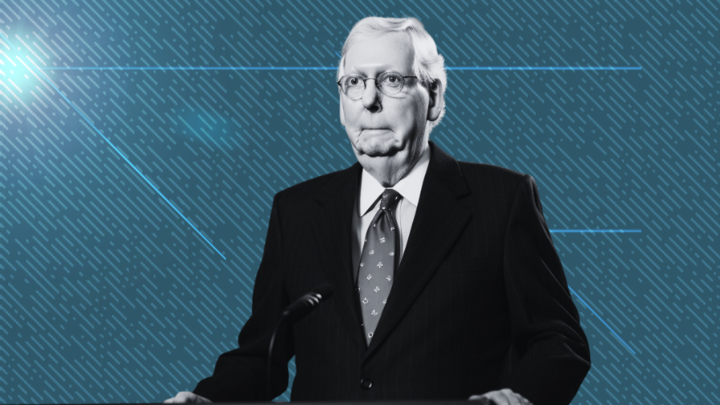The United States Department of Health and Human Services recommended the Drug Enforcement Agency lower the drug classification for marijuana almost a year after a federal call for a review.
The HHS has suggested marijuana, which is currently a Schedule 1 substance, be reclassified as a Schedule III drug. Other Schedule III drugs include ketamine and some anabolic steroids.
"I can now share that, following the data and science, [the HHS] has responded to [President Joe Biden’s] directive to me for the Department to provide a scheduling recommendation for marijuana to the DEA,” wrote Health Secretary Xavier Becerra on X on Aug. 30. “We’ve worked to ensure that a scientific evaluation be completed and shared expeditiously.” I can now share that, following the data and science, @HHSGov has responded to @POTUS’ directive to me for the Department to provide a scheduling recommendation for marijuana to the DEA.
We’ve worked to ensure that a scientific evaluation be completed and shared expeditiously. pic.twitter.com/p84x8p07sP
— Secretary Xavier Becerra (@SecBecerra) August 30, 2023
The Biden Administration called on Becerra and Attorney General Merrick Garland to review marijuana’s Schedule I drug classification in October of 2022.
“Marijuana is currently classified at the same level as heroin – and above fentanyl,” the White House noted at the time.
“Following the data and science, HHS has expeditiously responded to President Biden’s directive to HHS Secretary Becerra and provided its scheduling recommendation for marijuana to the DEA on August 29, 2023,” a spokesperson for the HHS told the Marijuana Moment Aug. 30. “This administrative process was completed in less than 11 months, reflecting this department’s collaboration and leadership to ensure that a comprehensive scientific evaluation be completed and shared expeditiously.”
While Schedule III drugs are still federally prohibited, the reclassification could lower the barriers to marijuana-related research and retail operations.
“Marijuana's current status as a Schedule I drug, a category that effectively stigmatizes the substance as having no medical utility and places it alongside high-risk narcotics like heroin,” reports Benzinga. “Marijuana's present Schedule I classification is a primary factor that hampers cannabis companies from securing bank services, engaging in interstate commerce and conducting critical medical research.”
Senate Majority Leader Chuck Schumer called the HHS’s reclassification recommendation “the right thing.”
“DEA should now follow through on this important step to greatly reduce the harm caused by draconian marijuana laws,” Schumer wrote on X. “There is still much more that needs to be done legislatively to end the federal prohibition on cannabis and roll back the War on Drugs.”
Senate Finance Committee Chairman Ron Wyden, who has advocated the complete de-scheduling of marijuana, said that the “recommendation of HHS to reschedule cannabis as a Schedule III drug is not inconsequentia,” per Boston.com.
“If HHS’s recommendation is ultimately implemented, it will be a historic step for a nation whose cannabis policies have been out of touch with reality,” said Wyden.
Marijuana is currently legal in some capacity in 40 states. Medical marijuana is legal in 37 states, Puerto Rico, and the US Virgin Islands. Additionally, recreational marijuana use is permitted in Washington DC and 21 states.

